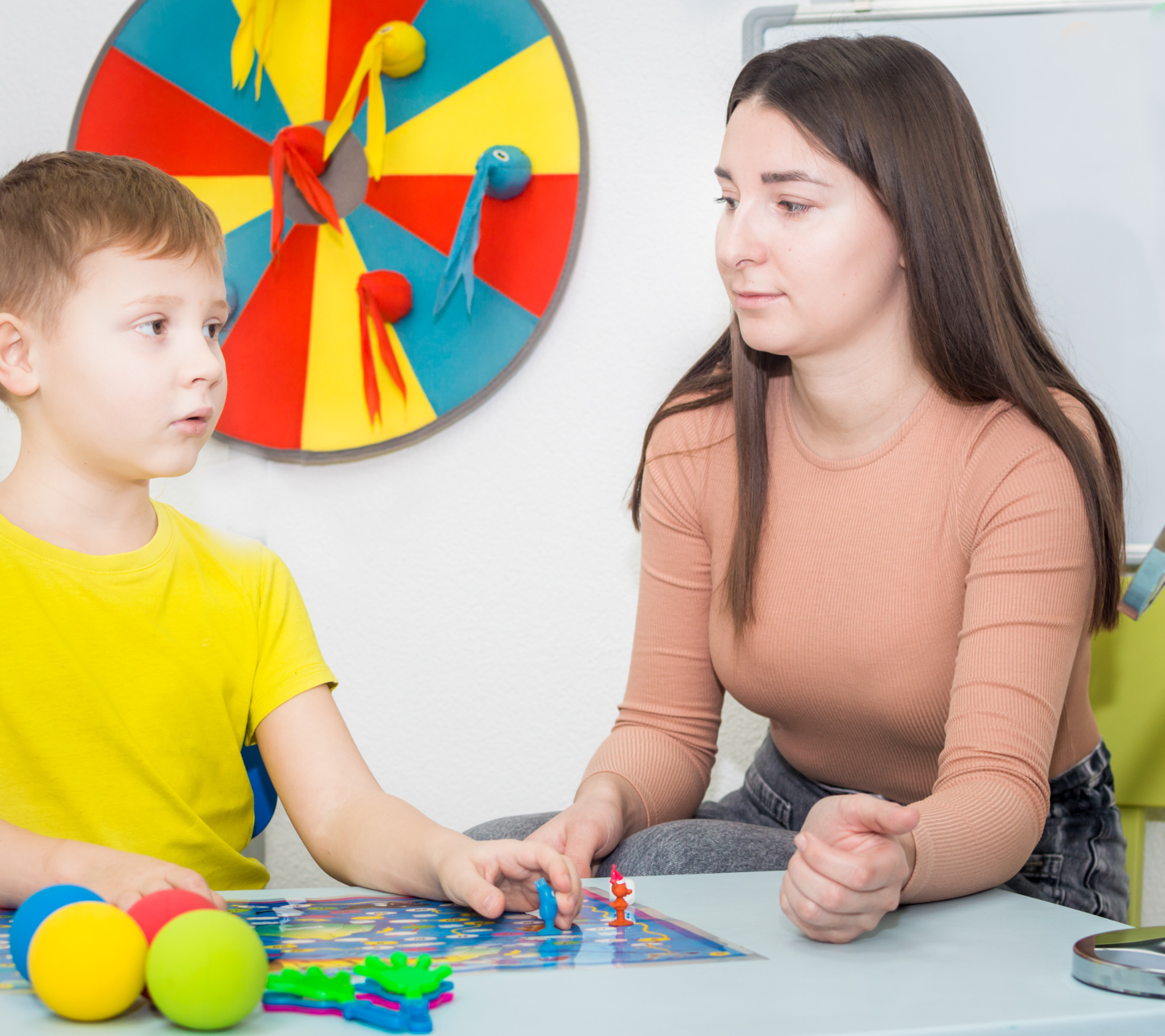

Hello again, everyone! It’s been a little bit since I’ve been able to write a blog, but I’m happy to be back and wishing you the happiest new year! I decided to pick the topic of expressive language disorders or delays, and how they compare with speech delays because I have had a growing number of kiddos on my caseload, who are going through this exact scenario. I wanted to take some time to explain to you what each of these is, as well as the differences between the two and how this might impact our therapy.
So, first off, what is an expressive language delay? An expressive language delay means that a child is having difficulty expressing or communicating their thoughts, wants, desires, and needs with those around them. Expressive language can be achieved through a variety of different methods, including spoken words, sign language, gestures, facial expressions, and so much more. I think this is the biggest challenge for the general public to understand… expressive language is not limited simply to speech. Speech (or talking) is one of the main ways that we as adults express ourselves, and it’s one of the most requested outcomes for us as speech therapist when parents call us. If I had a penny, for how many times, I’ve heard someone tell me “I just want him to talk” I would be a billionaire. Expressive language is so much more than just talking. We can write, we can dance, we can sing, we can express our ideas, emotions, thoughts and feelings into the world in so many different ways. Expressive language is not just talking.
So, with that being said, sometimes children are given the diagnosis of expressive language delay when in reality they have little to no difficulty expressing themselves. I see kids who have upwards of 200 signs but no spoken words at one and a half years of age, this is not an expressive language delay. I see kids are effectively communicating things that they want to say through gestures and pointing and sound effects and bringing their families to what it is that they want to talk about, they also do not struggle with an expressive language delay. Kids who struggle with a true expressive language delay, have challenges communicating that they are hungry, thirsty, need comfort from an adult, inviting others to play with them, and just getting their basic ideas out into the world. As speech language pathologists, we do work with kids who have expressive language delays, and therapy has helped so many of these friends!
Stay tuned next time for our blog about speech delay and how this compares with expressive language delay.
Kasey